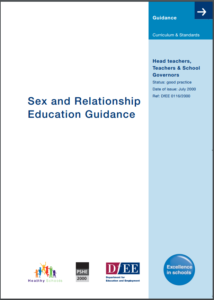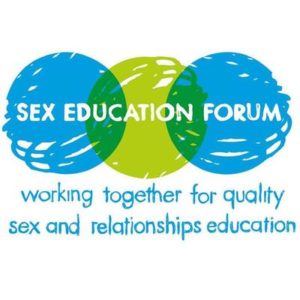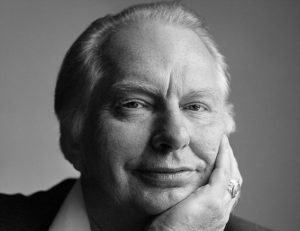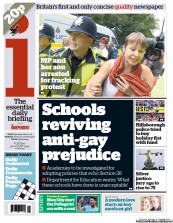“The Bishop actually made it his mission to eradicate anything within the curriculum about homophobia, sexuality, basically anything which challenges Catholicism”

Whenever the issue of faith school is in the news, I always want to express my concerns and share my experiences, but I can’t publicly because I work in a faith school and will probably end up jobless. Anonymously, though, I can give you some examples of the hypocrisy going on in my school and others like it. It makes me so sad that our children are losing out on so many opportunities because of the one-track, narrow-minded way of a faith-based education.
I am the co-ordinator for PSHE (personal, social, health, and economic education) at our school and am all about promoting equality and self-acceptance, but working in my faith school just does not allow it and I feel I am fighting a losing battle.
It’s so sad. I teach Year 6, the eldest children. A lot of our kids are ‘streetwise’ and are older than their years, but it scares me how uneducated and prejudiced some of them are so I am working really hard to get them to see things differently (Classic examples: issues with black and Asian people and using racist language, using the word ‘gay’ as a derogatory phrase on the yard etc).
I went on a course about teaching LGBT and raising awareness, and it was such a good course with so many ideas for all children of all ages. Some of the resources for children as young as four are fantastic and deliver in an age-appropriate, non-sensationalised way.
But before I could even roll anything out the diocese had been on the phone asking what the school was playing at sending me on that course and the Bishop actually made it his mission to eradicate anything within the curriculum about homophobia, sexuality, basically anything which challenges Catholicism.
He sent out a memo to hold off on teaching about any of these areas, despite Ofsted saying they are of importance. So that’s all the children in all the schools in the diocese missing out on learning about these values.
I rebelled slightly and went ahead and taught some elements anyway, and I am so glad I did because my children were amazing and felt so strongly about inequality once we got into it and seemed to deal with scenarios and hypothetical questions in a mature manner.
But I couldn’t let the children write or record anything in their books, nor display anything like photos etc, because ‘the diocese wouldn’t like it’. We’re not allowed to teach RSE (Relationships and Sex Education), which again is a national requirement and so necessary for our kids, many of whom, I will be honest, really need to be taught about relationships and responsible choices.
Religious Education (RE), which is a Catholic syllabus only, is taught three times a week and is assessed with the same rigour as English and Maths. Again, for the past two years I have promoted other festivals like Diwali, Hanukkah and Eid, among others, and the children love it. They are naturally curious and have an inquisitive nature. But we have to evidence any work about other religions in other books, not RE books, to appease the diocese once again.
I think faith schools can be a good thing but the more I see this happening the more dangerous I think they can be too. Sometimes I feel like we fail the children by not addressing ‘real life’ situations and instead gloss over it all with scripture, or sweep it under the carpet completely.
That is all. Thank you for the opportunity to get this out! It just really gets to me and I can’t express myself openly without fear of repercussions in school!
Anonymous




